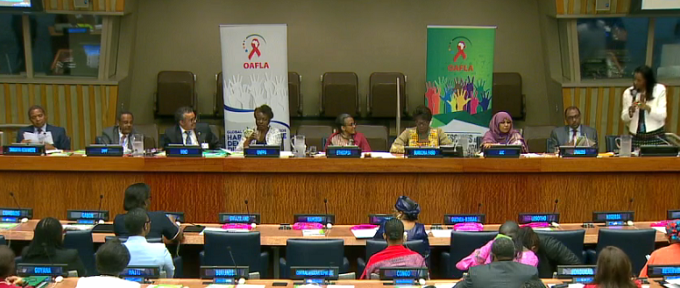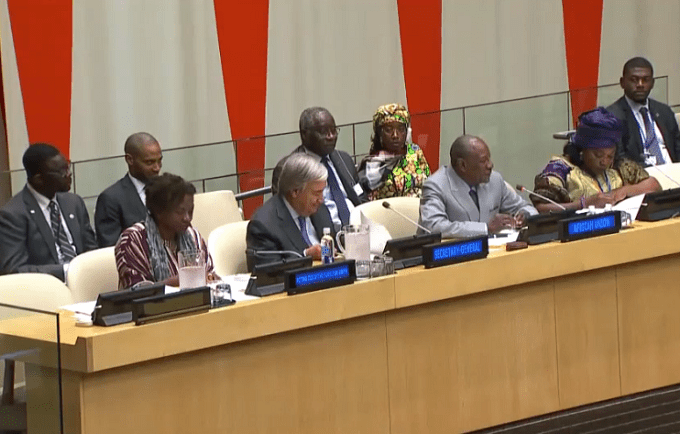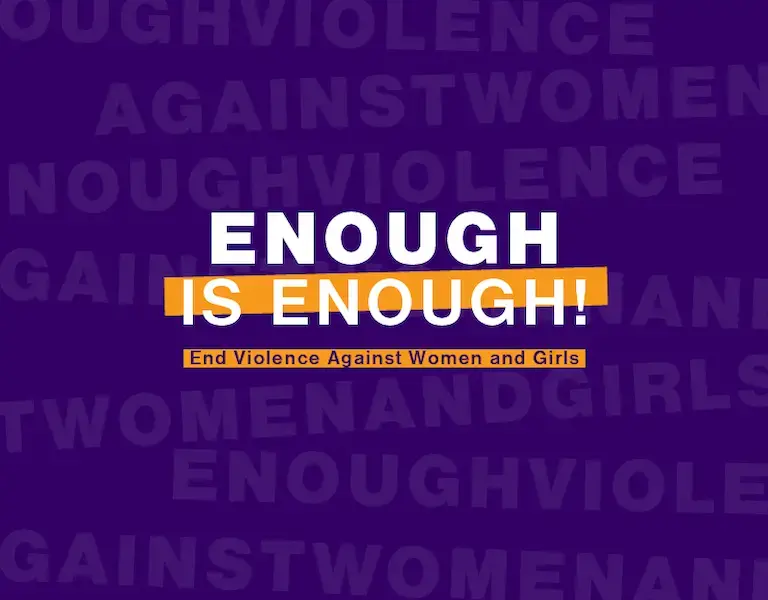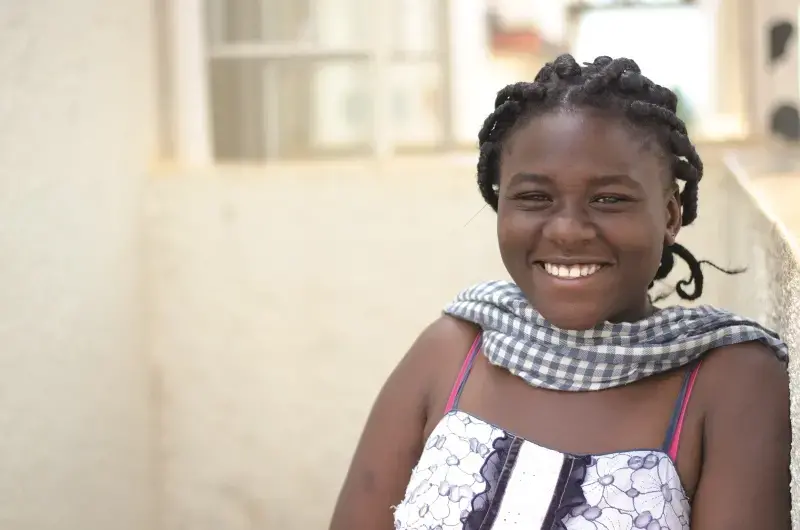September brought vital renewed support to UNFPA’s mandate from New York through the second regular session of the UNFPA Executive Board and the 72nd Session of the UN General Assembly (UNGA72). It was also a momentous occasion to showcase the legacy of Dr. Babatunde Osotimehin, late Executive Director of UNFPA. At events his legacy as champion of the rights of women, youth, adolescents and girls in Africa and across the world was remembered with a minute of silence, and used as a call of action in speeches and outcome documents and throughout the social media platforms with the hashtag #BabatundeLegacy.
UNFPA Executive Board (New York, 5 to 11 September 2017)
If the objectives of ICPD – and the new 2030 Agenda for Sustainable Development – are met, humanity will be well on its way to a more equal world, with more inclusive and vibrant economies. Most important of all, this is the path to human dignity for every woman and every girl, everywhere.
The late Babatunde Osotimehin (1949-2017), Executive Director, UNFPA State of the World Population 2017 (upcoming)
On 11 September, the UNFPA Executive Board, which includes 8 African countries, adopted the UNFPA Strategic Plan and Integrated Budget for 2018-2021, a robust plant to ensure the implementation of ICPD in Africa and around the world. The outcome of the UNFPA Executive Board means working to ensure universal access to sexual and reproductive health and reproductive rights through ending preventable maternal deaths, ending the unmet need for family planning and ending gender-based violence and all harmful practices, including child marriage. In Africa, through UNFPA 3 Regional Offices -- ASRO, ESARO, WCARO --, the 53 UNFPA Country Offices these objectives will ensure critical progress towards realizing the Programme of Action of the International Conference on Population and Development (ICPD), Agenda 2030 for Sustainable Development and Agenda 2063.
72nd Session of the UN General Assembly – UNGA72 (New York, 12 to 25 September 2017)
(…) we need to place a special focus on young women and girls. So many futures are derailed when young women are pushed out of school, subjected to child marriage, or have poor access to education and health care Gender inequality is costing sub-Saharan Africa tens of billions of dollars a year; the same in all regions of the world. - Antonio Guterres, Secretary-General, United Nations
(…) we must rethink human capital. It is not enough to focus on the right kind of education, we also must get serious about the promotion of life-long health. Sexual and reproductive health and rights is particularly important for the empowerment of girls and women to fully develop their human capital. - Dr. Natalia Kanem, Acting Executive Director, UNFPA
Throughout UNGA72, the Governments of Guinea, Nigeria, with support from UNFPA and partners such as the AUC, OAFLA, GBC Health, the World Bank, African Youth and Adolescent Network (AfriYAN), Pan African Youth Union (PYU) and IPPF-Africa, rallied stakeholders to mobilize and scale up effective strategic partnerships, actions and results to harness the demographic dividend in Africa, including through the following events:
- Building on 15 years of engagement to harness the Demographic Dividend: Global Partnership towards Harnessing the Demographic Dividend in Africa (19 September) hosted by OAFLA, with support from UNFPA, IPPF and the European Commission. This event served to celebrate OAFLA’s 15 year anniversary and reaffirm OAFLA’s commitment to end HIV, women’s and youth empowerment, and to ensure access to adolescent and youth friendly health services to harness the demographic dividend in Africa.
- Demographic Dividend Roadmap for Africa: Moving from Commitment to Action (20 September), hosted by H.E. Prof. Alpha Condé, President of Guinea and Chair of the African Union with support from UNFPA
- Strengthening Partnership with the Private Sector to Harness the Demographic Dividend in Africa (22 September) hosted by H.E. Prof. Alpha Condé, President of Guinea and Chair of the African Union with support from UNFPA, GBC Health and the World Bank

At UNGA72, calls to harnessing the demographic dividend through investments in youth and, more poignantly, throughout people’s life cycle, as noted in Dr. Natalia Kanem, UNFPA Acting Executive Director, remarks on 20 September.
Africa leadership and commitment to realize the rights was exhibited at various events. H.E. Mr. presence of the H.E. Mr. Edgar Lungu, President of Zambia, supported by H.E. Mr. Yoweri Museveni, President of Uganda, and H.E. Peter Mutharika, President of Malawi, AUC, UNFPA, UN Women and UNICEF called and agreed actions twoards the end of child marriage by 2030.
The fate of youth, women and girls in humanitarian and conflict situations was highlighted with a special focus on the Chibok girls, refugees and migrants, and Nigeria and the Lake Chad.
Women’s empowerment received a significant boost with launch of the joint EU-UN initative that includes €500 million towards the elimination of all forms of violence against women and girls, including sexual and gender-based violence and harmful practices. Other critical issues to achieve sustainable development in Africa, addressed through UNFPA hosted events, included access to modern contraceptives and family planning, ending obstetric fistula, and the role of sexual and reproductive health and rights in women’s economic empowerment.





